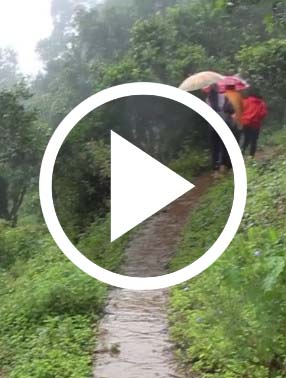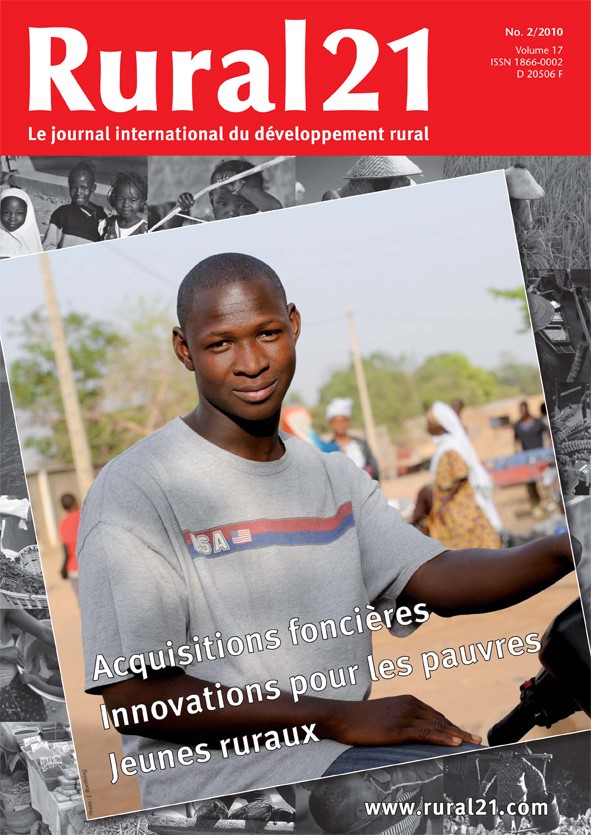Information and Communication Technologies ICTs: Giving ACP youth a voice.
For the first time in the recent history of rural development there is a possibility of creating an infrastructure that dramatically reduces the isolation of rural life. Although ICTs may seem a fragile basis on which to build far-reaching change, a meeting organized by CTA showed that they can speed up the exchange of knowledge and ideas between urban centres and rural communities. In countries struggling to maintain basic amenities, it is the towns that interface most closely with global society.









